Bayer Launches First-in-Human Trial of Targeted Alpha Therapy for Advanced Liver Cancer

Bayer has launched a first-in-human clinical trial for 225Ac-GPC3 (BAY 3547926), a novel targeted alpha radiopharmaceutical for advanced hepatocellular carcinoma. The therapy uses a GPC3-targeting antibody linked to actinium-225 to deliver potent, localized radiation, causing lethal DNA damage in cancer cells.
The announcement, made during the 2025 American Association for Cancer Research (AACR) Annual Meeting, marks Bayer’s third targeted alpha therapy program and advances its precision oncology strategy. BAY 3547926 targets Glypican-3 (GPC3), an oncofetal protein overexpressed in up to 75% of HCC tumors but largely absent in healthy adult tissues, making it an attractive molecular target for highly selective therapeutic intervention.
Targeted Alpha Therapy in Action
BAY 3547926 is composed of a high-affinity monoclonal antibody that binds GPC3, conjugated with actinium-225 (225Ac), a potent alpha particle-emitting radionuclide. Once delivered to GPC3-positive tumor cells, the radiolabeled antibody emits alpha particles that cause lethal double-strand DNA breaks—a form of damage typically irreparable by the cell’s own repair mechanisms. The result: targeted cytotoxicity confined largely to malignant cells, while sparing surrounding healthy tissue due to the short path length of alpha emissions.
“The launch of the Phase I trial using the 225Ac-GPC3 radionuclide therapy marks an important milestone in our commitment to develop new medicines targeting cancer cells with high effect size,” said Dr. Dominik Ruettinger, Global Head of Research and Early Development for Oncology at Bayer’s Pharmaceuticals Division. “Through continued research innovation we can unlock the full potential of targeted alpha therapies which is an emerging class of targeted radionuclide therapy and a strategic focus area for Bayer’s precision oncology development portfolio.”

Trial Design and Scientific Rationale
The Phase I dose-escalation study (NCT06764316) will evaluate BAY 3547926 both as a monotherapy and in combination regimens in patients with advanced HCC. Primary endpoints include safety and tolerability, while secondary measures will explore pharmacokinetics and early signs of anti-tumor efficacy.
With BAY 3547926, Bayer adds a third targeted alpha therapy (TAT) to its clinical pipeline, joining 225Ac-Pelgifatamab and 225Ac-PSMA-Trillium—both under investigation for metastatic castration-resistant prostate cancer. The expansion into liver cancer highlights the versatility of Bayer’s TAT platform, which seeks to match the cytotoxic power of radionuclides with disease-specific molecular targets.
About Targeted Alpha Therapy
Targeted alpha therapy (TAT) is an emerging class of radionuclide therapy that can be used against a variety of tumors. It delivers alpha particle radiation directly to the tumor inside the body, either via its bone-seeking property (radium-223) or by combining alpha radionuclides, such as actinium-225, with specific targeting moieties. Actinium-225 is an alpha particle–emitting radionuclide with a 9.9-day half-life. Alpha particles deposit highly ionizing radiation over a short range. This localized delivery of the radioactive payload induces irreparable DNA double-strand breaks, often resulting in cell death. At the same time, because the energy travels a short range, damage to nearby normal tissues is much reduced.





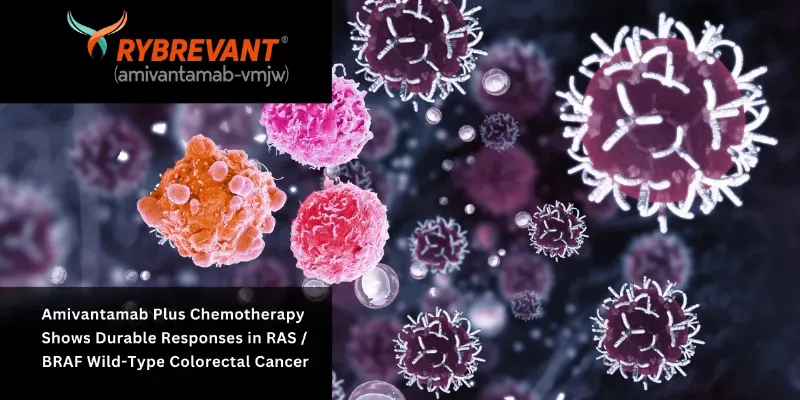
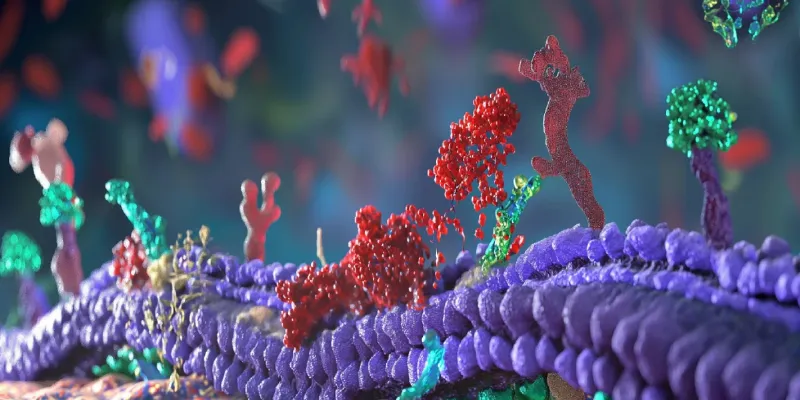
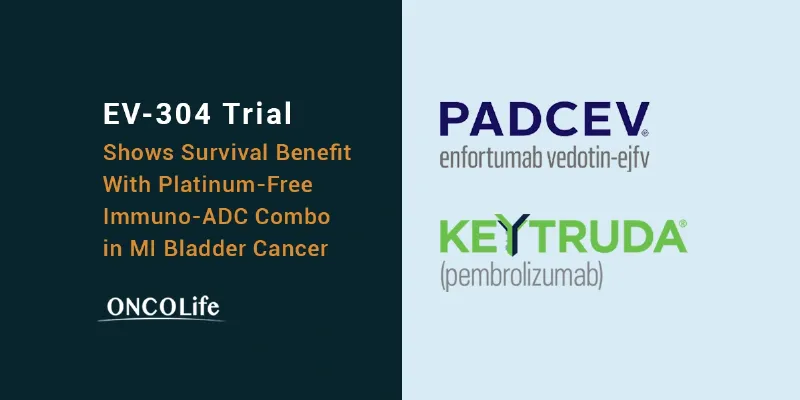
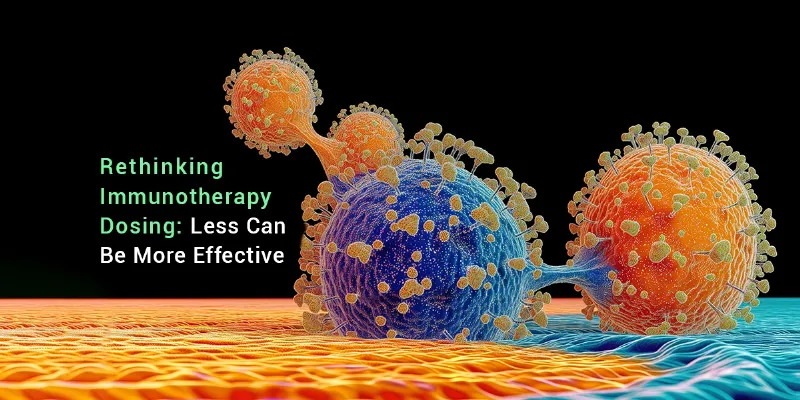
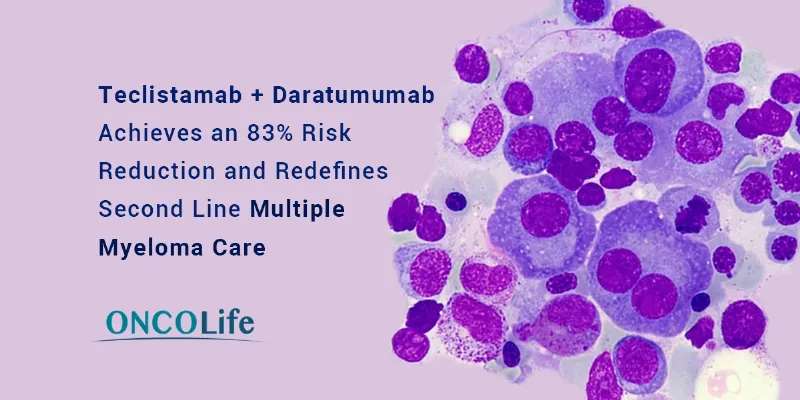
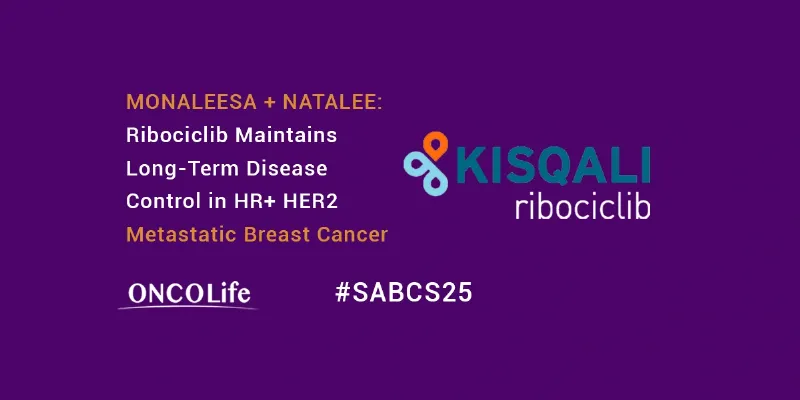
Comments
No Comments Yet!